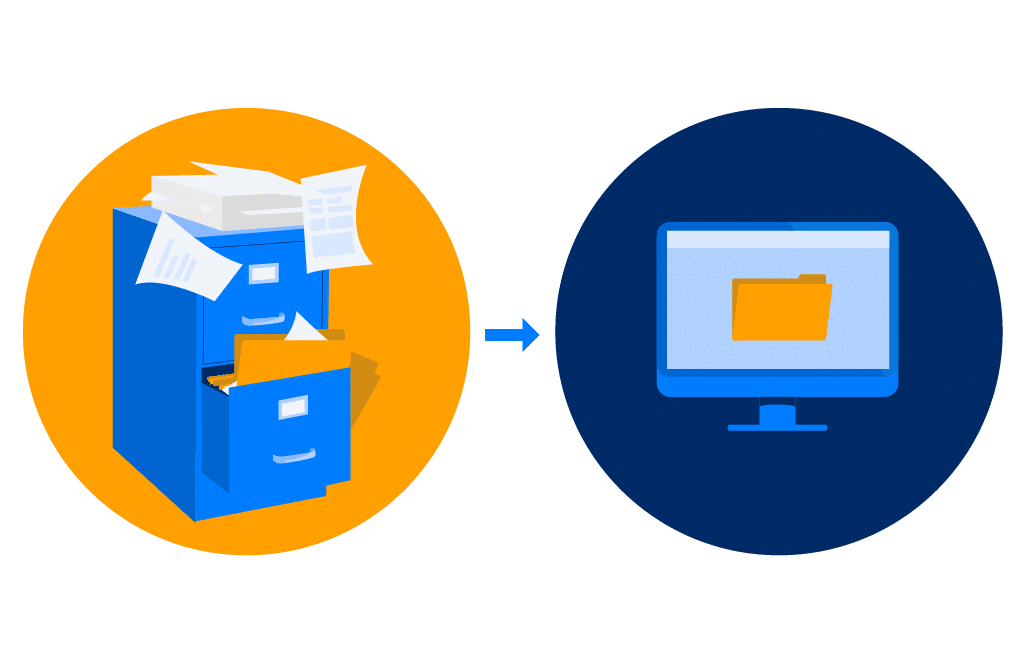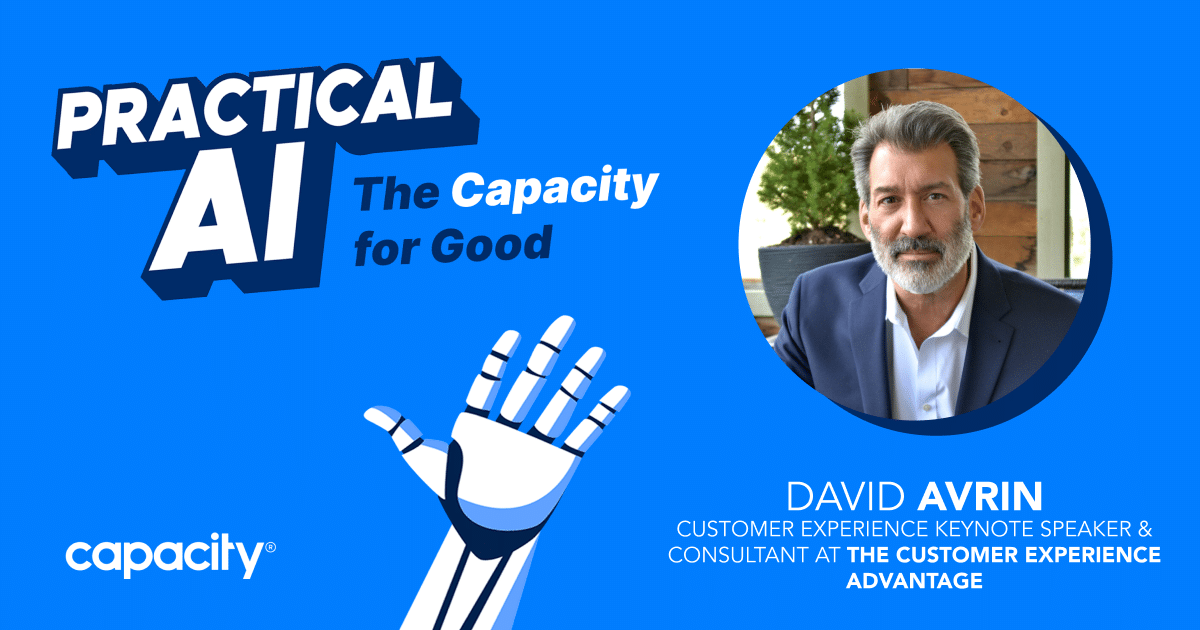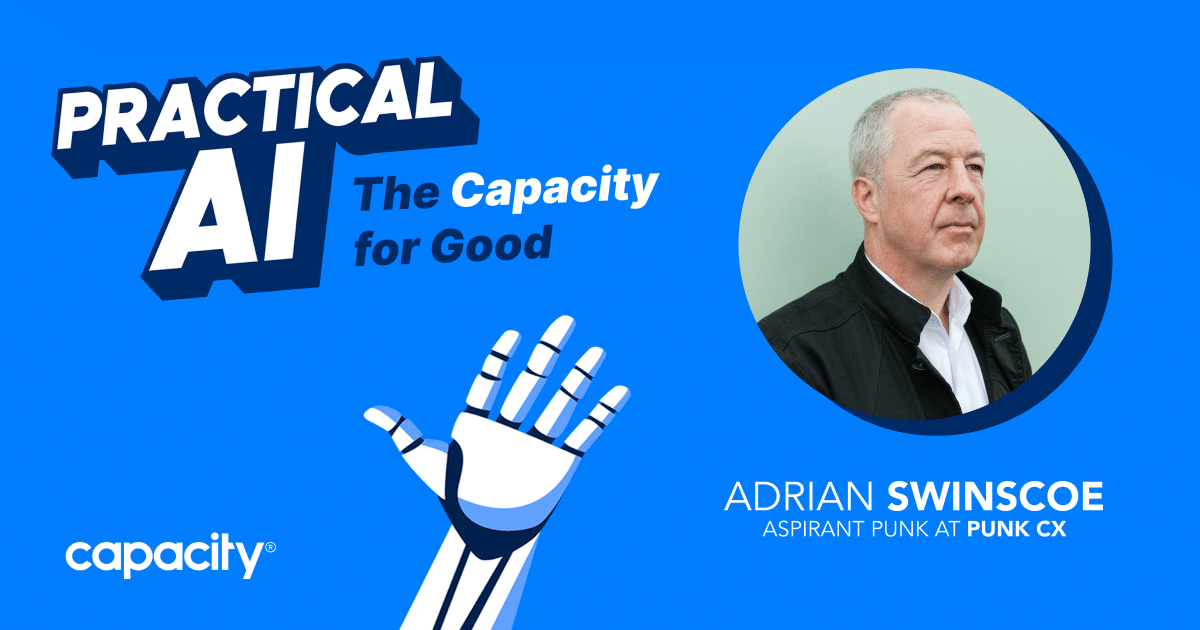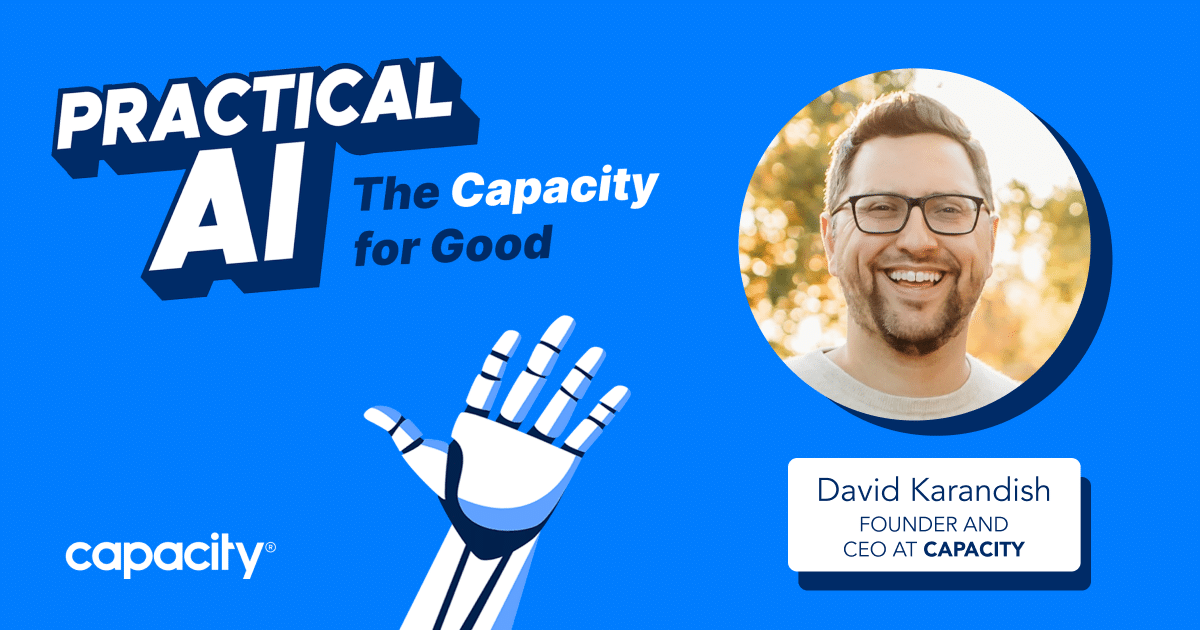While knowledge management and data management share similarities, they are not precisely the same. Data management refers to one cycle of activity of information instead of the lifecycle of an entire body of an organization’s knowledge.

Data management focuses on the source of information, how it is stored, how it is distributed, and how it is destroyed. On the other hand, knowledge management focuses on the complete body of organizational knowledge.
Data is typically stored in a database and can be accessed using SQL or business intelligence tools like Tableau, Power BI, or Looker. The type of data stored in databases can be text, numbers, dates, or even JSON strings. This data can be used for various purposes like collecting insights creating forecasts, or even training machine learning models.

On the other hand, knowledge management is typically done in what is called a knowledge base. This information is generally stored in text format to provide answers to repetitive questions asked by employees or customers. This can be especially beneficial when transferring knowledge from former staff to existing employees, as everyone is informed on what has been successful in the past. Likewise, current personnel can pass down their wisdom and experiences that may prove advantageous for those who come after them. The quality of a knowledge base can be measured by how quickly users can find the answer to the question. Capacity’s knowledge base stands out in this way due to its ability to give users the answer to their questions in seconds rather than making them endlessly search through help articles.
Information Management vs Knowledge Management
Information management and knowledge management are two related but distinct concepts. Information management is collecting, organizing, storing, and retrieving data to use it efficiently. On the other hand, knowledge management is the process of harnessing organizational knowledge across multiple departments and leveraging it to improve decision-making, increase efficiency and develop new products or services. Information and knowledge management are essential for organizations as they help them become more efficient and competitive in their respective fields. For example, by taking advantage of up-to-date business knowledge, an organization can identify opportunities to improve operations or identify potential threats early on. By using information and knowledge management techniques, organizations can ensure that their employees can access the correct information at the right time, helping them make informed decisions quickly.

Document Management vs Knowledge Management
Document management and knowledge management are two related but distinct concepts. Document management is collecting, organizing, storing, and managing digital documents such as reports, presentations, images, emails, etc. This helps organizations maintain organized records and access information quickly. On the other hand, knowledge management is the process of leveraging organizational knowledge to increase efficiency, develop new products or services, and make better decisions.
By using document management and knowledge management techniques, organizations can ensure their employees can access the right documents at the right time. This helps them save time when searching for information since they can easily find what they need without having to sift through a large number of documents. Knowledge management also helps organizations develop better solutions by encouraging collaboration between departments, which helps identify new innovation opportunities. For example, by combining internal expertise with external data sources, an organization can create new products or services tailored to customer needs.

Streamline Complex Processes Instantly
Capacity’s AI and automation technology can help:
- Answer FAQs anytime, anywhere
- Find relevant documents within seconds
- Give surveys and collect feedback
Final Thoughts
In this day and age, data, document, information, and knowledge management are all pointing to one goal: organizations must securely store vast amounts of info while making it accessible for both their employees and customers. Disorganization can easily lead to a loss of precious employee time or even customer dissatisfaction; luckily, now, with the assistance of AI technology, companies have no reason not to provide chat-based solutions so users can quickly access crucial information.
If you’re looking to streamline your knowledge base and make it more accessible for employees and customers alike, look no further than Capacity. Our AI-powered platform gives you access to the information users need in seconds, allowing them to find answers quickly. Ready to give it a test run? Request a demo today and discover how Capacity can revolutionize how your organization handles its knowledge!





